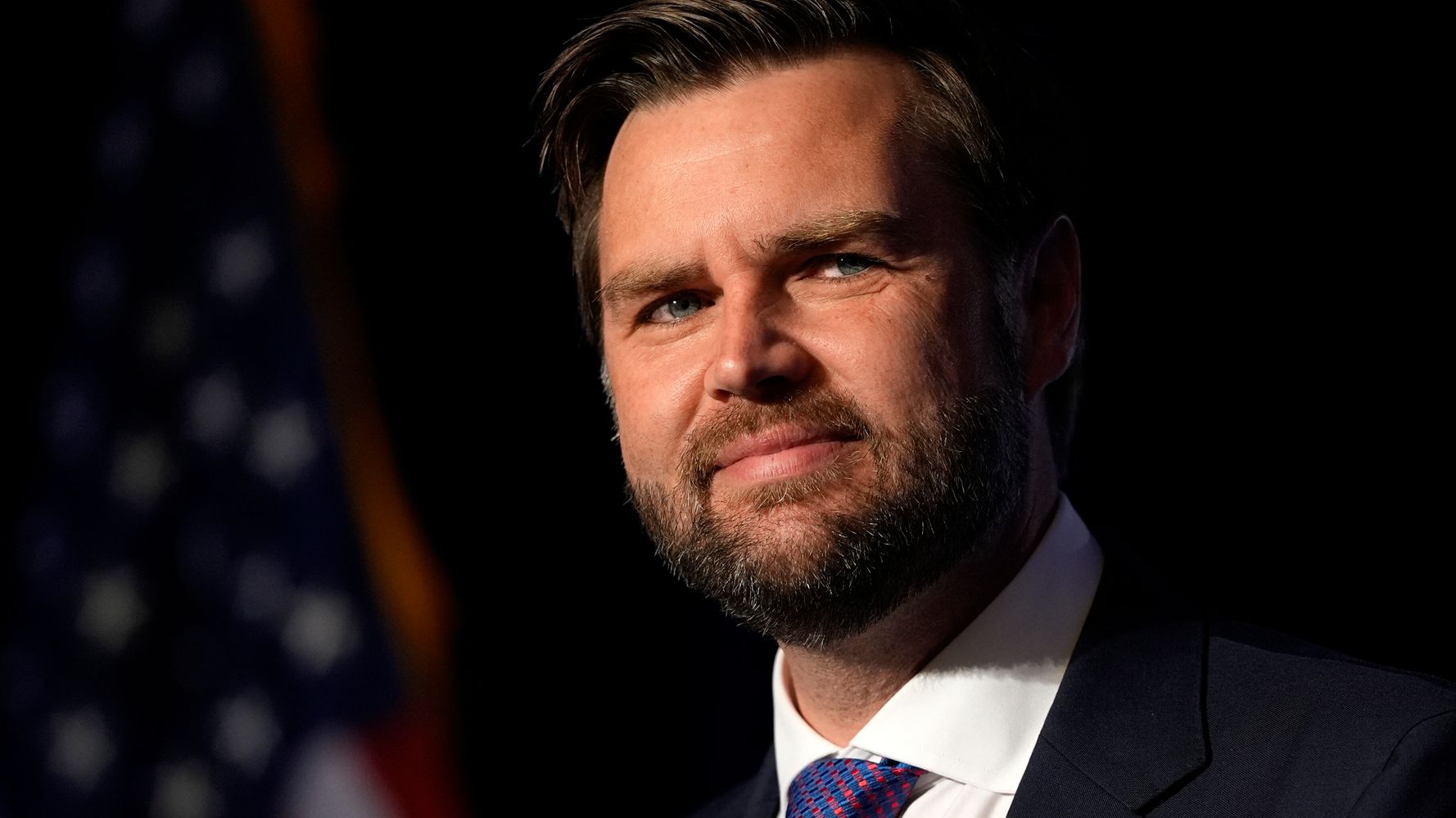Childless Cat Ladies and the Future of America
Introduction
In 2021, Senator J.D. Vance made controversial remarks suggesting that childless individuals, particularly women, have no direct stake in the future of America. While these statements were met with backlash, they reflect a broader societal trend of stigmatizing individuals who do not conform to traditional family structures. This blog post will explore the various aspects of Vance’s comments, their implications, and the larger social discourse surrounding childlessness.
Vance’s Remarks and Their Implications
Vance’s assertion that individuals without children are “miserable” and “have no physical commitment to the future of this country” is a harmful generalization that perpetuates negative stereotypes about people who choose not to or cannot have children. Millions of childless individuals lead fulfilling lives and have a deep commitment to their communities and the well-being of future generations. By suggesting that their lack of children somehow diminishes their worth and stake in society, Vance trivializes the diverse experiences and contributions of childless individuals.
Furthermore, Vance’s remarks appear to be steeped in misogyny and homophobia. His specific mention of female politicians as childless cat ladies and his homophobic allusion to Transportation Secretary Pete Buttigieg reveal a bias against women who do not conform to traditional gender roles and LGBTQ+ individuals. These comments reinforce harmful stereotypes and contribute to an environment that is hostile to diversity and inclusion.
The Stigma of Childlessness
Vance’s comments reflect a broader societal stigma attached to childlessness. In many cultures, parenthood is seen as a defining characteristic of adulthood and a measure of success and fulfillment. Individuals who choose not to or cannot have children are often subjected to social pressure, discrimination, and even ostracism. This stigma stems from deep-seated beliefs about the importance of procreation and the perpetuation of traditional family structures.
The stigma of childlessness can have a profound impact on individuals’ well-being. It can lead to feelings of isolation, loneliness, and shame. Childless individuals may also face barriers in employment, housing, and social services. This stigma can contribute to a sense of powerlessness and invisibility, as society often fails to recognize and value the contributions and experiences of individuals who do not have children.
The Diversity of Childless Experiences
It is important to acknowledge the diversity of experiences among childless individuals. Some people choose to remain childless for personal reasons, while others may face fertility challenges or medical conditions that prevent them from having children. Additionally, there are individuals who are content with their decision to be childless and find fulfillment in other aspects of their lives. It is essential to respect the choices of all individuals, regardless of their reproductive status.
Childless individuals often contribute significantly to society. They may dedicate their time and resources to careers, creative pursuits, volunteer work, and caring for aging parents or disabled family members. Their contributions to the economy, culture, and social welfare are invaluable and should not be dismissed simply because they do not have children.
Implications for Social Policy
The stigma of childlessness has implications for social policy. Governments and institutions often prioritize policies that support traditional family structures and procreation. This can lead to a lack of recognition and support for childless individuals and their unique needs. For example, social programs may be designed to benefit parents and children, leaving out childless individuals who may also face financial and social challenges.
It is important for social policy to be inclusive of all individuals, regardless of their family status. Governments and institutions should strive to create a society where everyone feels valued and supported, regardless of whether or not they have children.
Conclusion
The harmful generalizations made by Senator Vance highlight the broader societal stigma attached to childlessness. This stigma stems from deep-seated beliefs about the importance of procreation and the perpetuation of traditional family structures. It is important to challenge these stereotypes and recognize the diversity of experiences and contributions of childless individuals. Social policy should be inclusive of all individuals, regardless of their family status, and create a society where everyone feels valued and supported.



